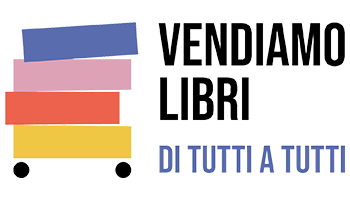
Libro acquistabile con carte di credito e carte prepagate Postepay.

Libro acquistabile con Carta Docente.

Libro acquistabile con Carta Cultura Giovani e Carta del Merito.

Libro acquistabile in tre rate mensili Klarna.

Il costo del libro sarà addebitato solo all’avvio della consegna.

Scegli il punto di ritiro dei libri più comodo.
Reconnecting the city with nature and history. Towards circular regeneration strategies
Riferimento: 9788835149767
Editore: Franco Angeli
Autore: Fusco Girard L. (cur.), Nijkamp P. (cur.), Nocca F. (cur.) Collana: Studi urbani e regionali In commercio dal: 30 Novembre 2023 Pagine: 486 p., Libro in brossura EAN: 9788835149767
Autore: Fusco Girard L. (cur.), Nijkamp P. (cur.), Nocca F. (cur.) Collana: Studi urbani e regionali In commercio dal: 30 Novembre 2023 Pagine: 486 p., Libro in brossura EAN: 9788835149767
53,00 €
IVA inclusa
